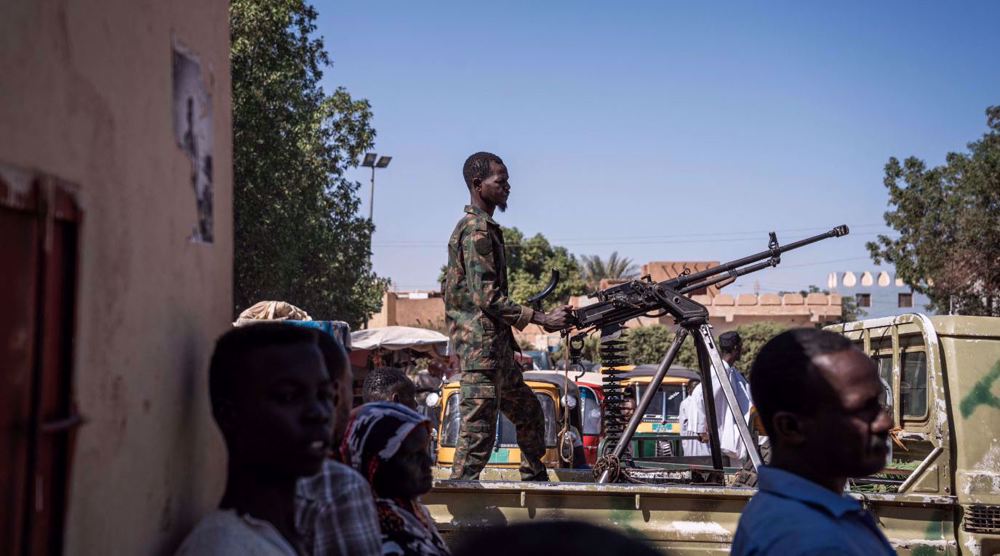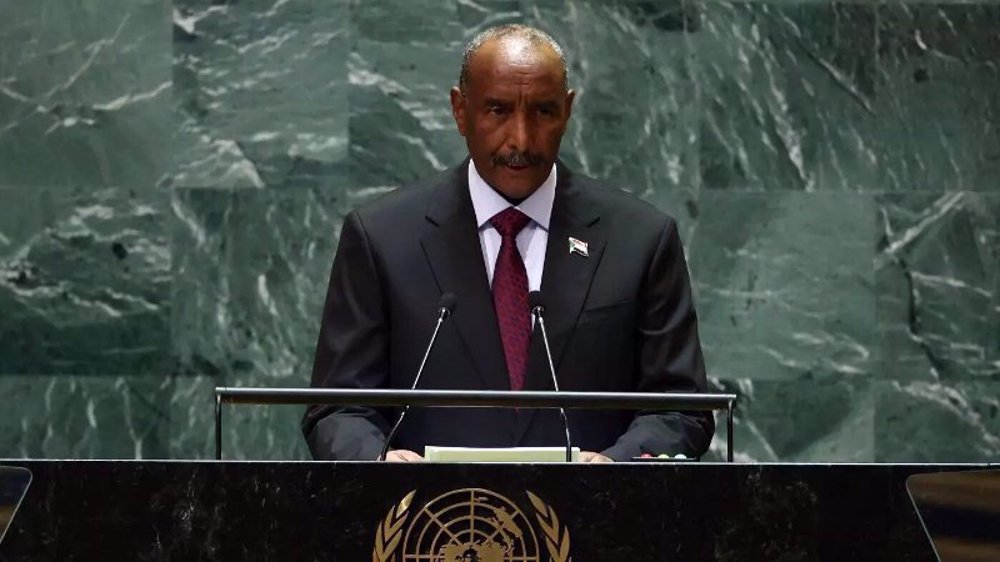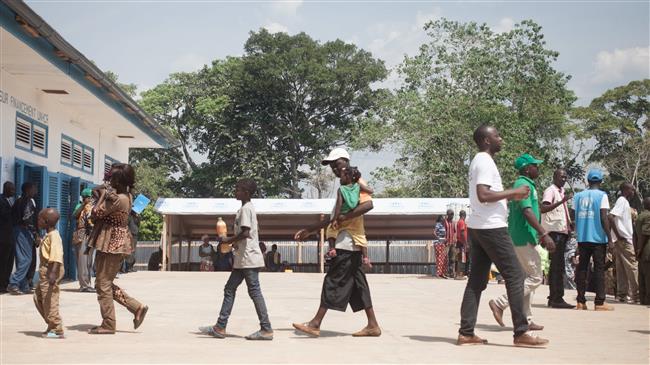Central Africa peace deal to be initialed Tuesday: Sudan
A peace accord between the Central African Republic government and 14 armed groups will be initialed in Khartoum on Tuesday, and signed in full at a later date, the government in Sudan, which hosted the peace talks, announced.
Central African President Faustin Archange Touadera would attend the ceremony to initial the document, originally scheduled for Sunday, Sudanese foreign ministry spokesman Babikir al-Siddiq said in a statement on Sunday.
He did not specify where it would take place.
A breakthrough was announced on Saturday at the conclusion of talks in Khartoum, backed by the United Nations and the African Union, which started on January 24 in a bid to end years of fighting that has killed thousands of people.
No details of the agreement have been released. But one of the main points in dispute during the talks had been the question of an amnesty for the rebels.
Under Western pressure, Bangui has always refused pardons for warlords, several of whom are under UN sanctions or cited for human rights violations in UN reports.
On Saturday, African Union Commissioner for Peace and Security Smail Chergui said a deal had been struck though some details still had to be ironed out.
This agreement is the seventh since 2012 in a country that has suffered years of conflict. All the previous pacts broke down.
Central African Republic is rich in mineral resources but remains one of the world's poorest nations.
It has struggled to recover from a 2013 civil war that erupted when President Francois Bozize, a Christian, was overthrown by mainly Muslim Seleka rebels.
In response, Christians, who account for about 80 percent of the population, organized vigilante units dubbed "anti-Balaka" in reference to the Balaka machetes used by Seleka rebels.
Thousands of people have died in the violence, 700,000 have been internally displaced, and another 570,000 have fled abroad.
Rebel forces currently control between 70 and 80 percent of the country, despite the presence of more than 12,000 UN peacekeepers (MINUSCA) in the former French colony.
(Source: AFP)
Missile fired from Yemen hits Tel Aviv
VIDEO | Iran emerging as aviation service hub through innovative solutions
Iraq exhuming remains of 100 Kurdish women, children killed by Saddam
Panama rejects talks with US over canal control
VIDEO | Israel Yemen aggression
HTS rulers name al-Qaeda operative as Syria's new spy chief
Iran voices concern about rising insecurity, violence in Syria
VIDEO | Karachi sit-in amplifies nationwide call for justice for Parachinar victims















 This makes it easy to access the Press TV website
This makes it easy to access the Press TV website